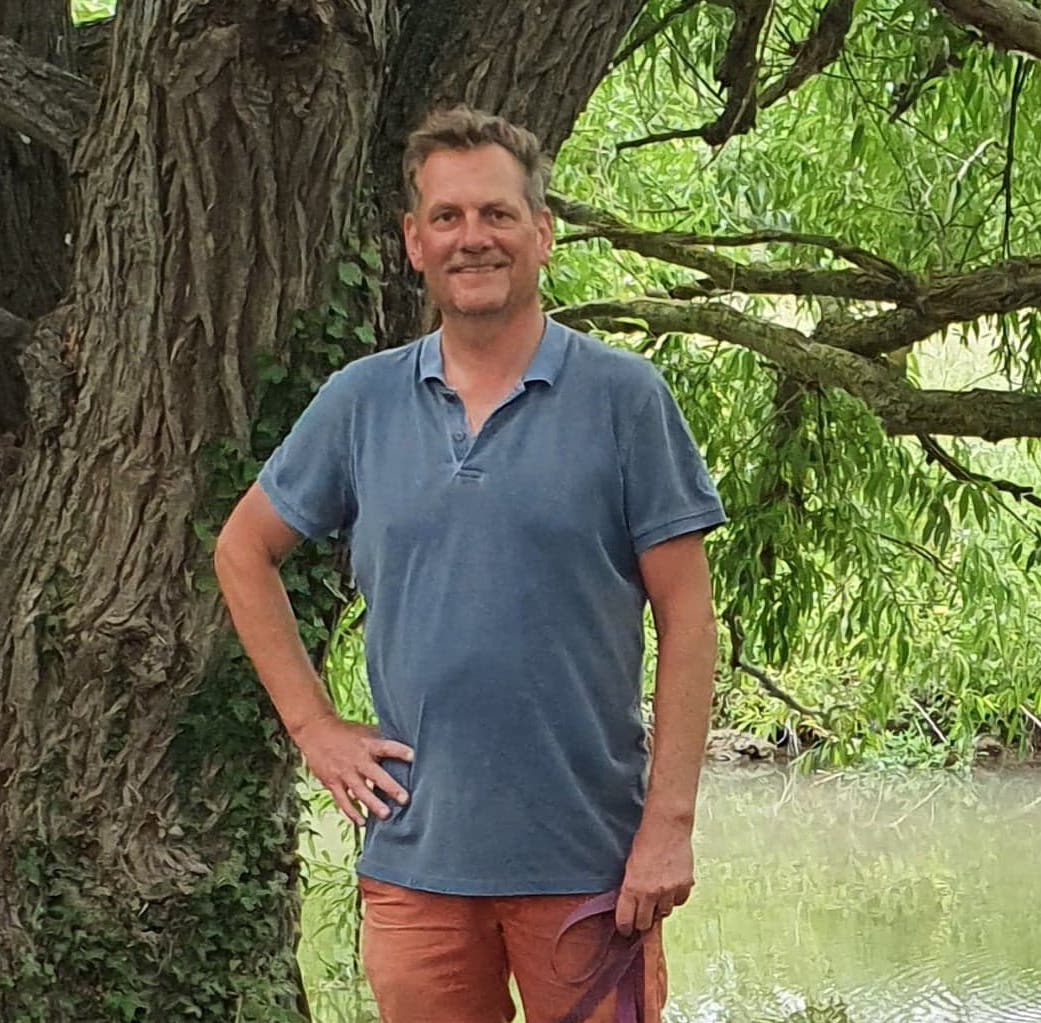
Ben Gardiner
Specialist Team
I’m an economist by training, having worked at the consultancy Cambridge Econometrics (CE) for most of my career (where I am currently Chief Operating Officer). With occasional time out working for an economics consultancy in Paris, a two-year secondment to the European Commission in Seville, and more recently a part-time research associate post in the department of Geography at the University of Cambridge, where I completed my PhD in 2019. My specialisms tend to be in regional and local economies, although I’ve also worked on energy-environment-economy (E3) models, jobs and skills forecasting, transport evaluation and spent quite a few years running CE’s portfolio of econometric and economic modelling courses (mostly for HM Government).
I’ve always enjoyed travelling and living in nice places, having done my undergraduate at Bath and my MA at the University of British Columbia. In addition, my work with CE has taken me round the globe – from building a forecasting model for the Dominican Republic, to teaching courses in Tajikistan, Bali, and Bosnia, not to mention countless conferences presenting papers and projects. Looking back at my career so far, it’s clear that I’ve mostly been interested in the research end of consultancy, focussing on public policy work because this is where independence of view and understanding of underlying processes is more highly valued.
When not at work you’ll find me helping out at our holiday let business, playing tennis in local teams, out walking the dogs (usually with a nice pub en route), or generally doing family things with my wife and three teenage sons. I also volunteer at a local charity (OWL) that helps disabled people back into the workplace by refurbishing and selling old bikes.
A Chat with Ben
Tell us a little bit about you and your journey into behaviour change?
I first became aware of behavioural change through the work of the Nudge Unit, which was established around 2010 within government to help better apply behavioural change to public policy. Having been trained as an economist in more orthodox methods of understanding how the world worked and the policies that try to change it, this was something of a revelation. I have since taught courses in policy evaluation (more through econometric approaches) but always mention the behavioural aspect of policy change as evidence shows this can be as important as the more standard levers such as tax and subsidy.
Why does the science of behaviour change matter?
Too often behavioural change isn’t considered when analysing policy and its effects. Understanding why people and institutions in general behave the way they do can potentially unlock barriers to change in a way that mainstream analysis cannot. Being able to dig down into the complexities of a situation is, I believe, the only true way of understanding why and how policies do (and do not) have their desired effects.
What is the most inspiring behaviour change intervention you have come across and why?
The one that sticks in my mind, and which I mentioned on my training courses, came I think from the Nudge Unit and was to do with loft insulation! The story is that the government wanted to promote loft insulation, and was effectively doing this by standard methods, namely by changing prices (subsidising the cost of the loft insulation material) but the outcomes were much lower than expected (by mainstream models).The Nudge Unit came in and investigated the issue by applying behavioural change methods. They discovered that the reason for the lack of take-up on the loft insulation was that people had a lot of junk stored up in their attics and lofts, and so it wasn’t the price of the insulation that mattered to them so much, rather it was getting someone in to sort out the clutter so they would have a clear space available. Key learning point: understand the real-world constraints and you can better understand the policy and get it working effectively!
What’s your vision for behaviour change for the next five years?
More recently I’ve become interested in complexity analysis, which is a branch of heterodox economics challenging the more neo classical-equilibrium approach, which has dominated for many years. Complexity analysis, and complex systems in general with feedback loops and non-linearities, in many ways share common ground with behavioural change in that they seek to understand inherent / in-built features of systems that are often overlooked and then give rise to mis-understood results when applying more standard evaluation techniques. Over the next five years or so, it would be good if this branch of analysis became more mainstream and was part of the analytical toolkit.
Why do you like working with HBCL?
Although it’s a small core they have a big reach with many associates with different skillsets, so can form a combined team to cope with most eventualities. They are very friendly and down to earth, as well as doing the type of community-based work that I enjoy being part of.
Top tip for individuals or organisations getting started with behaviour change?
Understanding the process is key when assessing the importance of behavioural change. Simple cause and effect may not be quite so straightforward when you consider the human element. Talking with people, either through focus groups or stakeholder workshops is also another way of getting closer to what happens in the real world, and gaining a better handle on what can change it.
I am looking forward to working with the team at HBCL on the kind of projects which add value at the community level, something which, when you work at international and national government level, often gets overlooked but are so important in making a difference on the ground. I am also looking forward to contributing my economics and evaluation expertise to the projects.
